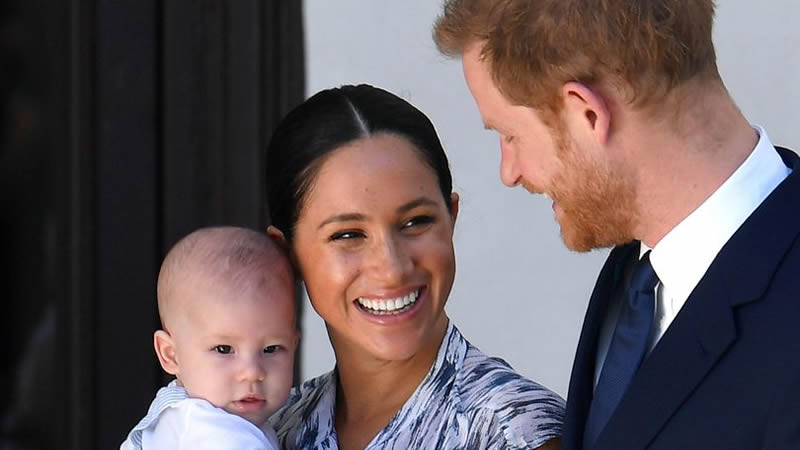
Prince Harry and Meghan Markle ‘worried’ about popularity rather than royals: Expert
According to relationship expert Louella Alderson, Prince Harry and Meghan Markle seem relatively unfazed by the tensions within their relationship with the Royal family. Instead, the couple appears to be more concerned with the noticeable decline in their public popularity over recent years. Alderson suggests that the Sussexes’ primary focus lies not within the familial discord but rather in the shifts in public perception and their standing among fans and followers.
This perspective sheds light on the couple’s priorities and concerns, highlighting a nuanced understanding of their current challenges. Despite the widespread speculation and media coverage surrounding their relationship with the Royal family, it seems that Harry and Meghan are directing their attention towards their public image and the need to maintain or improve their popularity.
Speaking exclusively to The Mirror, she said: “Harry and Meghan also have much bigger things to worry about at this point in their lives. With their declining popularity rates, constant media scrutiny, and ongoing legal battles, they have a lot on their plate.”
The decline in popularity that Alderson refers to could be attributed to a variety of factors, including their decision to step back from royal duties and pursue an independent life away from the direct influence of the monarchy. This move, along with their subsequent choices and public statements, may have influenced how they are perceived by the public, both within the UK and globally.
She told the outlet: “It’s likely that Harry is more focused on his family and building his new brand rather than spending a significant amount of time thinking about every event he is no longer part of.” Before concluding she also added that, “Harry now has his own life in America which appears to be keeping him busy.”
Alderson’s insights provide an interesting angle on the ongoing narrative surrounding the Sussexes, suggesting that their strategies and public engagements might be more heavily influenced by a desire to reconnect with their audience and regain their favorable standing. This focus on public image and popularity could potentially guide their future endeavors and public appearances, as they navigate the complex landscape of celebrity and royalty outside the traditional confines of the Royal family.
The couple’s journey since departing from their senior royal roles has been marked by a series of high-profile interviews, media projects, and charitable activities, all of which seem to be aimed at carving out a new identity and role for themselves on the global stage. The emphasis on public perception as highlighted by Alderson may play a crucial role in shaping their approach to these projects and their overall strategy for engaging with the public and media.
As the Sussexes continue to chart their course independently, it will be interesting to see how their efforts to address their popularity and public image evolve, and whether these efforts will lead to a resurgence in their favorability among the public. Alderson’s observations offer a valuable perspective on the motivations and concerns driving Harry and Meghan’s decisions in this next chapter of their lives.
